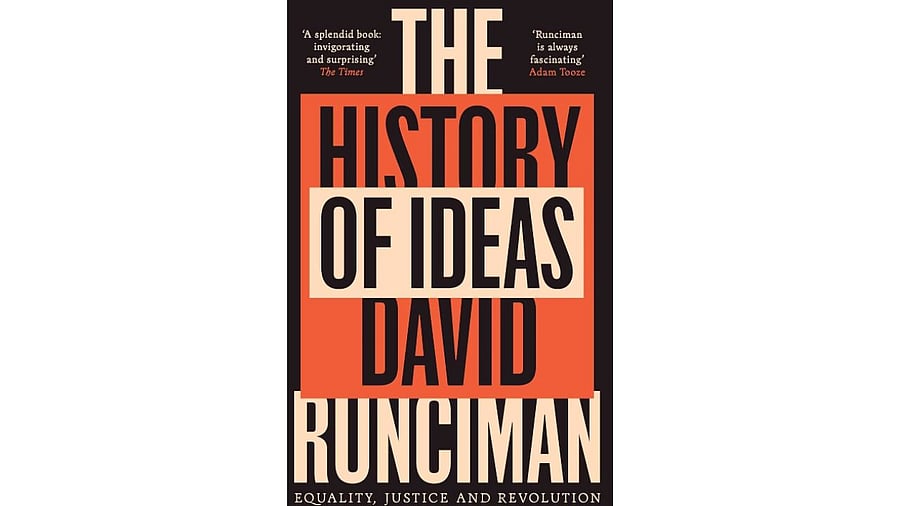
The History Of Ideas
In this bold new follow-up to Confronting Leviathan, David Runciman unmasks modern politics and reveals the great thinkers behind it.
What can Samuel Butler teach us about the absurdity of how we choose to organise our societies? How did Frederick Douglass not only expose the horrors of slavery but also champion a vision of life beyond such power divides? Why should we tolerate snobbery, betrayal and hypocrisy, as Judith Shklar suggested? And what does Friedrich Nietzsche predict for the human condition?
In 12 short chapters, the acclaimed political theorist distils 300 years of thinking about equality, justice and revolution from the greatest minds of history and, with his signature erudition, explores what the very human fears behind these definitive works show about how we understand our world today.
What these great philosophers were really asking, Runciman reveals, were the same questions that tie us in knots even now: life, death, pain, values, freedom and everything in between. From Rousseau to Rawls, from fascism to feminism, and from pleasure to anarchy, this is a mind-bending tour through the history of ideas.
David Runciman is Professor of Politics at Cambridge University and the author of many books about politics.
